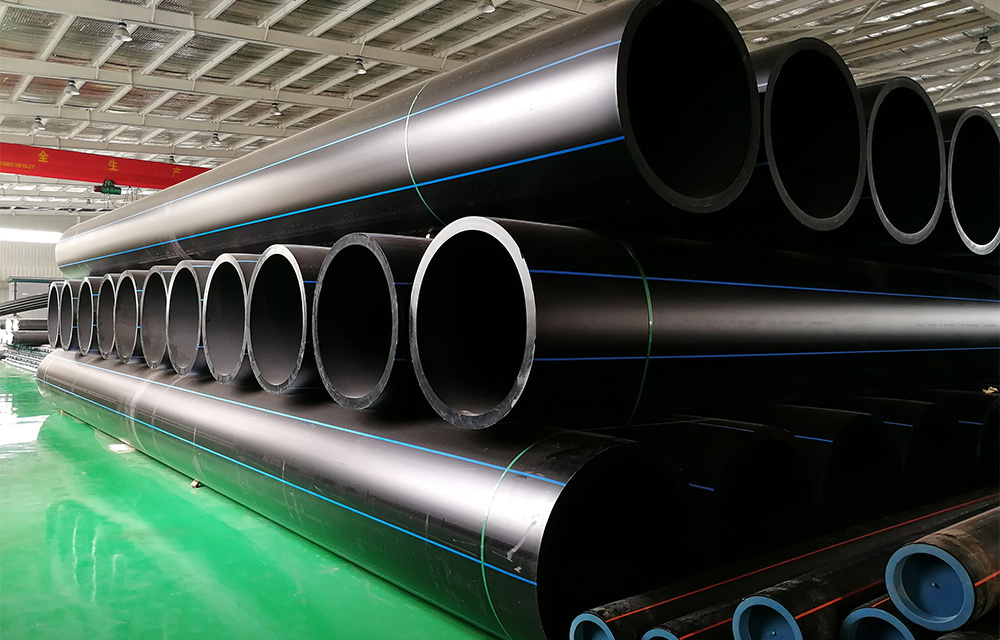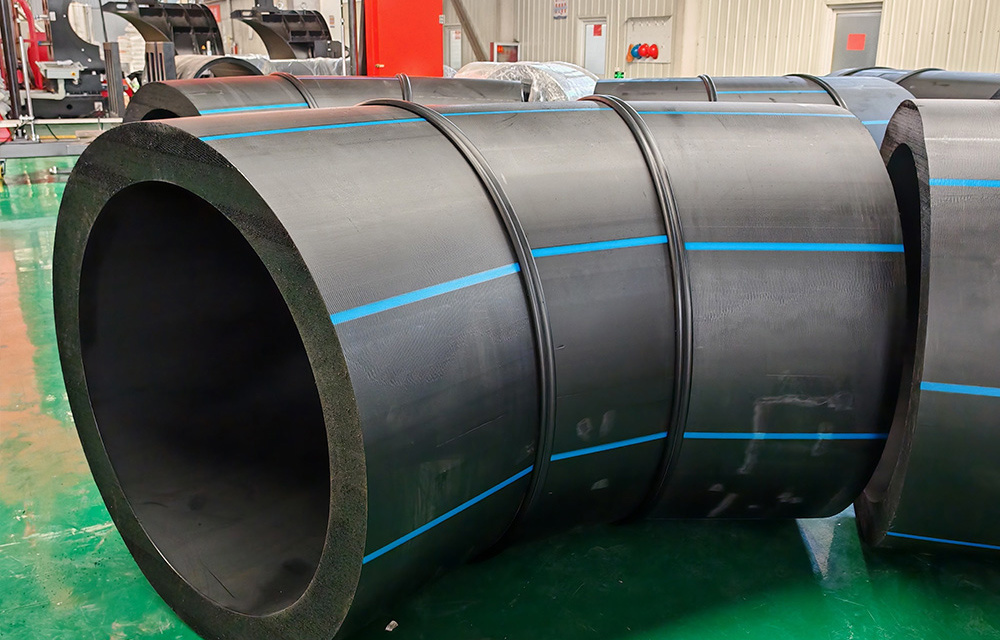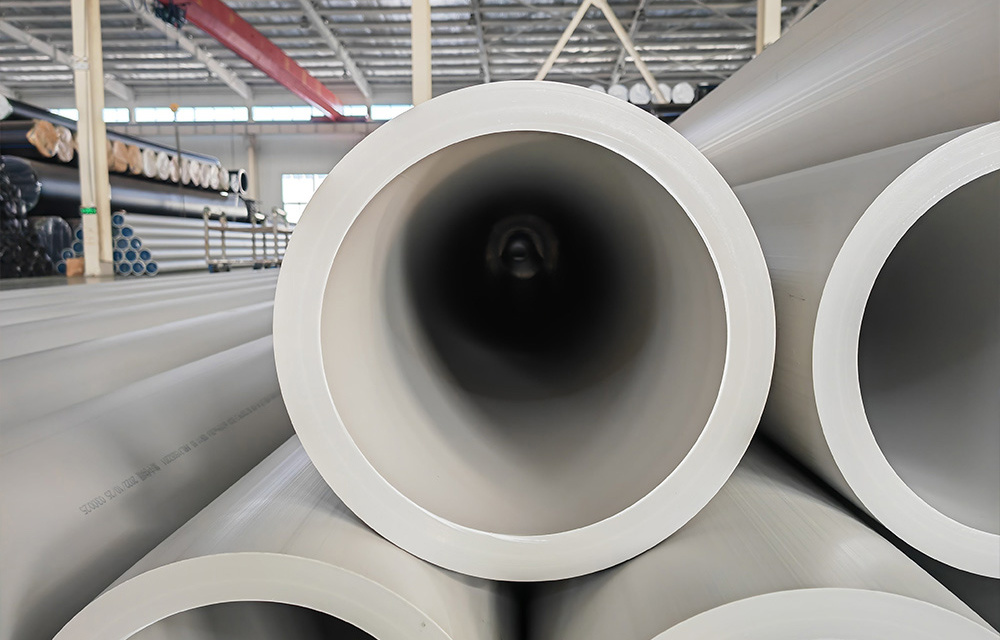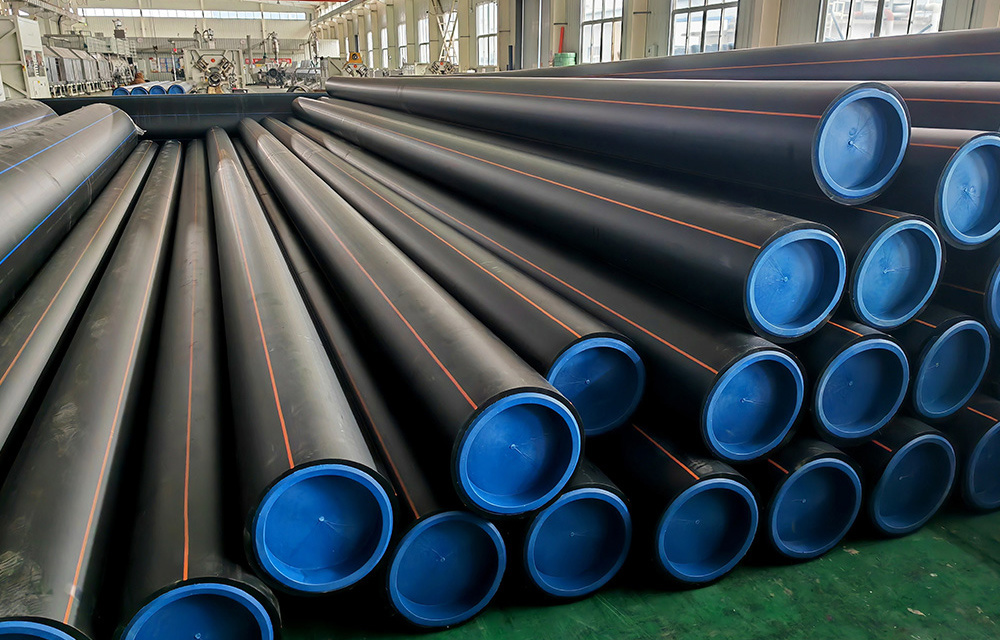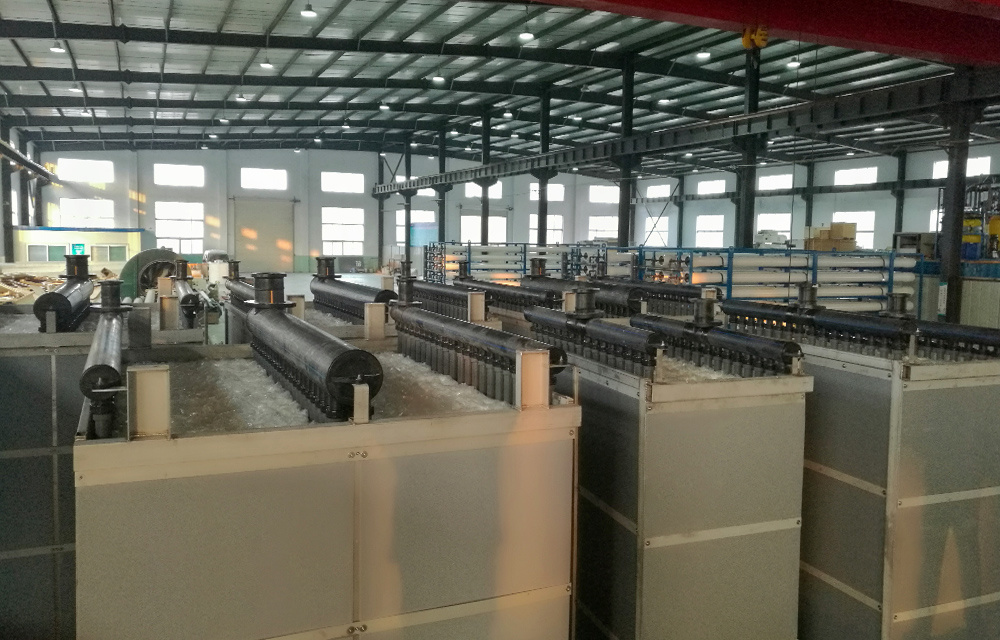16
2025
-
10
Understanding FRPP Pipes: A Versatile Solution for Modern Construction
FRPP pipes, or Fiber Reinforced Polypropylene pipes, have emerged as a revolutionary solution in the construction and plumbing sectors. Made from a combination of polypropylene and reinforcing fibers, these pipes offer unique advantages that make them an attractive choice for various applications. As professionals in the building and decoration materials industry, understanding the benefits and fe
FRPP pipes, or Fiber Reinforced Polypropylene pipes, have emerged as a revolutionary solution in the construction and plumbing sectors. Made from a combination of polypropylene and reinforcing fibers, these pipes offer unique advantages that make them an attractive choice for various applications. As professionals in the building and decoration materials industry, understanding the benefits and features of FRPP pipes can help you make informed choices for your projects.
One of the most significant attributes of FRPP pipes is their excellent resistance to corrosion. Unlike traditional metal pipes, FRPP pipes do not rust or corrode when exposed to harsh chemicals, making them ideal for transporting aggressive fluids in chemical processing and wastewater management. This corrosion resistance not only prolongs the lifespan of the piping system but also reduces maintenance costs, a critical consideration in large-scale construction projects.
Another major advantage of FRPP pipes is their lightweight nature. Weighing considerably less than their metal counterparts, FRPP pipes are easier to handle and install, leading to reduced labor costs and faster project timelines. Their lightweight characteristic also contributes to less strain on the structural components of buildings, which is vital for maintaining overall stability.
In addition to their physical benefits, FRPP pipes exhibit excellent thermal insulation properties. This enables them to maintain the temperature of the fluids being transported, making them suitable for both hot and cold water applications. The ability to resist thermal fluctuations also reduces the risk of leaks and other failures, enhancing the durability of the installation.
Moreover, FRPP pipes are designed to be flexible and can accommodate various installation environments. They can be used in both above-ground and underground applications, further expanding their versatility. This adaptability makes them suitable for a wide range of industries, including irrigation, drainage, and industrial applications.
When considering the environmental impact, it's worth noting that FRPP pipes are recyclable, aligning with the growing emphasis on sustainability in the construction sector. Their production process generates fewer greenhouse gases compared to traditional piping materials, contributing to a more eco-friendly approach to building projects.
In conclusion, FRPP pipes represent a modern, efficient solution for the construction industry. Their corrosion resistance, lightweight design, thermal insulation properties, and environmental benefits position them as a preferred choice for various applications. As you explore options for your next project, consider the advantages that FRPP pipes can bring to the table, ensuring a durable and reliable plumbing system that meets contemporary demands. Understanding these benefits can empower you to make strategic decisions that enhance both performance and sustainability in your construction endeavors.
One of the most significant attributes of FRPP pipes is their excellent resistance to corrosion. Unlike traditional metal pipes, FRPP pipes do not rust or corrode when exposed to harsh chemicals, making them ideal for transporting aggressive fluids in chemical processing and wastewater management. This corrosion resistance not only prolongs the lifespan of the piping system but also reduces maintenance costs, a critical consideration in large-scale construction projects.
Another major advantage of FRPP pipes is their lightweight nature. Weighing considerably less than their metal counterparts, FRPP pipes are easier to handle and install, leading to reduced labor costs and faster project timelines. Their lightweight characteristic also contributes to less strain on the structural components of buildings, which is vital for maintaining overall stability.
In addition to their physical benefits, FRPP pipes exhibit excellent thermal insulation properties. This enables them to maintain the temperature of the fluids being transported, making them suitable for both hot and cold water applications. The ability to resist thermal fluctuations also reduces the risk of leaks and other failures, enhancing the durability of the installation.
Moreover, FRPP pipes are designed to be flexible and can accommodate various installation environments. They can be used in both above-ground and underground applications, further expanding their versatility. This adaptability makes them suitable for a wide range of industries, including irrigation, drainage, and industrial applications.
When considering the environmental impact, it's worth noting that FRPP pipes are recyclable, aligning with the growing emphasis on sustainability in the construction sector. Their production process generates fewer greenhouse gases compared to traditional piping materials, contributing to a more eco-friendly approach to building projects.
In conclusion, FRPP pipes represent a modern, efficient solution for the construction industry. Their corrosion resistance, lightweight design, thermal insulation properties, and environmental benefits position them as a preferred choice for various applications. As you explore options for your next project, consider the advantages that FRPP pipes can bring to the table, ensuring a durable and reliable plumbing system that meets contemporary demands. Understanding these benefits can empower you to make strategic decisions that enhance both performance and sustainability in your construction endeavors.
Previous Page


